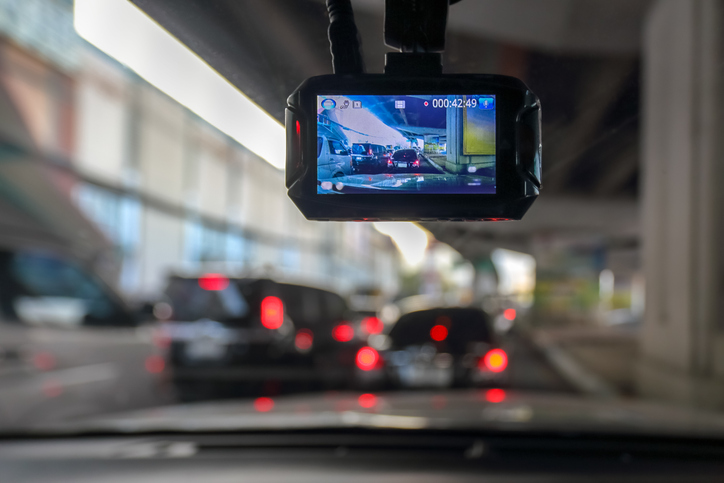
California Driver Privacy Measures Will Lead to Regulatory Issues
Recently, the California Assembly approved legislation focusing on privacy protections for drivers in the state. Known as Senate Bill 296 and proposed by Sen. Bill Dodd, it requires that drivers must be informed when any photographs or video-recording occurs by the in-vehicle cameras.
Read on to delve into how the implementation of this enactment could pose challenges for automobile makers. In case you are interested to know the legal aspects related to it, you may reach out for professional guidance to an Orange County car accident lawyer.
The legislation, which requires the final signatures of Gov. Gavin Newsom, emphasizes the aspects of driver privacy and data collection with regard to automobiles. The concern hovering over the minds of businesses is that this legislation could adversely impact the state of car manufacturers.
Recently, Mozilla highlighted a report stating that these days, automobiles gather a lot of information on the drivers, which they share and sell while letting drivers have very little control over what data is collected or how it is used.
Senate Bill 296 intends to resolve another side of the driver privacy issue. This is with reference to the privacy risks associated with the photographs or videos taken from the in-vehicle systems. Until some time back, video recording and such initiated by vehicles were treated as an outward-facing issue. That kept the limits of in-vehicle cameras to only backup and blind-spot monitoring.
Of late, the cameras inside vehicles are directed inward and focus on the driver’s movements. This raises concern as some drivers consider the space in the car as private, and this legislation could point to an intrusion in their privacy.
Consumer advocates have indicated that these inward-facing cameras could bring many benefits to advertisers, data brokers, and auto manufacturers who can choose to monetize this information. Reach out to an Orange County car accident lawyer for more information from the legal perspective.
What is the impact of the Senate Bill 296?
Going forward, the S.B. 296 requires automakers to disclose the usage of one or more in-vehicle cameras. In addition, the bill prohibits auto manufacturers from using any photographs, images, or video recordings from the in-vehicle cameras for sharing, selling, or advertising to brokers, advertisers, or other parties.
In case photos or video recordings need to be shared, it requires the consent of the users and meeting some criteria. However, the images or videos can be shared to enhance or update the vehicle’s safety system, provided the operator doesn’t use them for other purposes or holds them unnecessarily for a longer duration than specified. Besides, operators can share recordings conforming to a valid, verifiable consumer request to Title 1.81.5 and pursuant to public records request.
The legislation prohibits users from downloading, retrieving, or accessing the data from the in-vehicle cameras without the user’s consent.
What are the Consequences of violating the legislation?
For anyone who violates the legislation, the penalty would amount to nothing less than $2500 per vehicle equipped with an in-vehicle camera sold or leased, contradictory to the requirements of the act.
While the Senate Bill 296 bill appears to be unique in representing the privacy issues of drivers, there have been other such attempts to address the challenge. Between 2019 and 2022, some employees of the reputed carmaker Tesla shared images and videos taken by the customers’ cars, and in some scenarios, the recordings were highly invasive.
Experts say that as more lawmakers become aware of the manner in which the in-vehicle cameras are intruding on the privacy of drivers, other states in the U.S. will also get started with bringing such legislation.
That said, the enactment of the legislation will curtail the freedom of car manufacturers, who would be required to use their in-vehicle cameras only under surveillance. The detailed notice requirements of the legislation and limits on sharing the data will create newer obligations for companies that have well-developed compliance systems in place.
That said, when it comes to privacy, the case of the states is the same as that of California. While other states may not directly enact such laws, they would certainly enjoy the benefits of the advanced privacy regulations enacted in California. Furthermore, it will be difficult to implement the requirements of Senate Bill 296 within just a single state.


